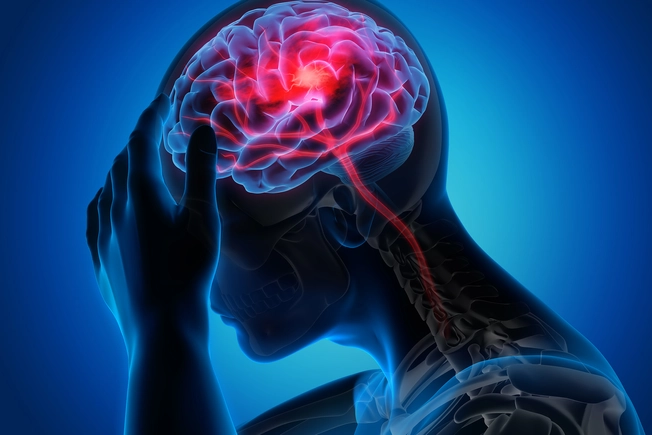- Overview
- Alcohol Use Disorder
- Opioid Use Disorder
- Cannabis Use Disorder
- Prescription Drug Abuse
- Other Abused Substances
- Non-Substance Addictions
- View Full Guide
A Few Too Many: 10 Signs That Alcohol Is Becoming a Problem


You Binge Drink or Drink Heavily
Excessive drinking can harm your health, even if you aren't dependent on alcohol. Drinking too much caused the deaths of 140,000 people each year from 2015 to 2019 in the United States.
There are two types of excessive drinking, including binge drinking and heavy drinking. Binge drinking is drinking four or more drinks during one session for women and five or more for men.
Heavy drinking is drinking eight or more drinks in a week for women and 15 or more for men.

You Continue to Drink Even When You Know It Is Causing Problems
Drinking too much can cause many problems. You may develop short-term or long-term health problems. It may negatively affect your relationships with your friends or family. You may have problems doing what you need to do at work or school.
If you experience any of these problems and continue to drink, it's a sign that your drinking may be a problem.

You Drink While You're Pregnant
Babies who are exposed to alcohol while their mothers are pregnant can develop many health problems, including abnormal facial features, low body weight, low IQ, and more. There's no known safe amount to drink while you're pregnant. If you're pregnant and are having a hard time controlling your drinking, reach out to your doctor for help.

You're Too Young to Drink
The legal drinking age is 21. If you're younger than that, you shouldn't consume any alcohol. Underage drinking is associated with problems in school, physical and sexual violence, increased risk of suicide and homicide, and changes in brain development that may last a lifetime.

You Need to Drink More to Feel the Effects of Alcohol
Alcohol use disorder can range from mild to severe. One sign that your drinking problem is becoming more severe is an increased tolerance for alcohol. If you need to keep drinking more to feel the same effects, you may need to seek help for your drinking.

Drinking Is Affecting Your Relationships
One of the hidden costs of drinking too much is its effect on your relationships. Drinking can cause conflict with people who care about you. You're more likely to have impaired judgment, unstable moods, and engage in inappropriate behavior when you're drinking. These behaviors can cause problems with your friends and family.

You Experience Withdrawal Symptoms if You Stop Drinking
When you've been using alcohol heavily for a long time, stopping suddenly can cause withdrawal symptoms. These symptoms are a sign that your body has developed a dependency on alcohol. Withdrawal symptoms can include sweating, tremors, sleep problems, rapid heartbeat, nausea and vomiting, hallucinations, anxiety, restlessness, and possibly even seizures.

Your Family and Friends Are Concerned About Your Drinking
Sometimes your family and friends may notice behavior that you can't see. If the people close to you have expressed concern about your drinking habits, you may need to talk to your doctor even if you don't think it's a problem.

You've Driven After Drinking Too Much
Drinking alcohol slows your reaction times and impairs your judgment and coordination. These are all skills that you need to drive safely. Driving while intoxicated kills 29 people every day in the US. Even if you're below the legal limit, you may still be too impaired to drive.

Your Drinking Is Causing Health Problems
Short- and long-term alcohol use is associated with numerous health problems. Some risks of short-term alcohol use include injuries from crashes, falls, drowning, burns, violence, and alcohol poisoning. Some health problems associated with long-term alcohol use include high blood pressure, heart disease, stroke, cancer, and dementia.